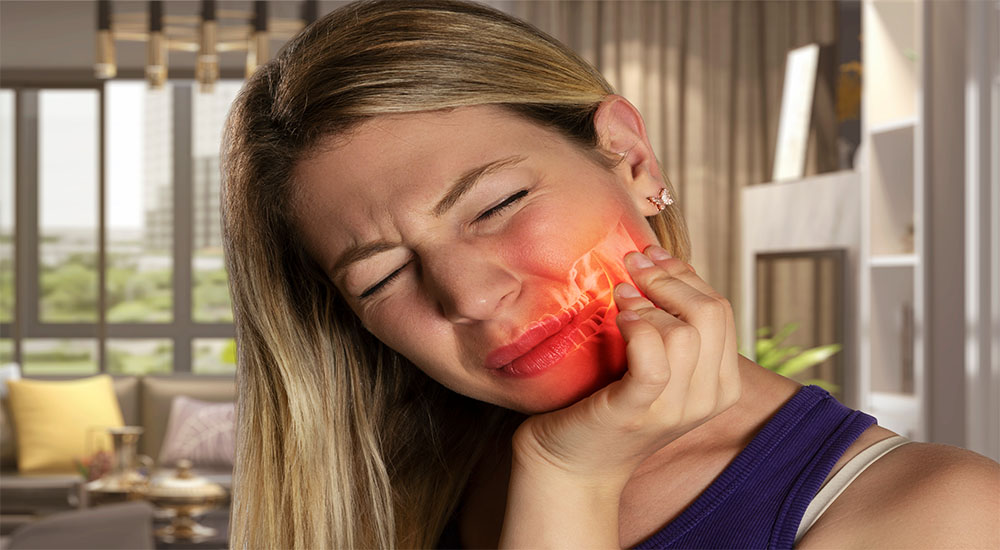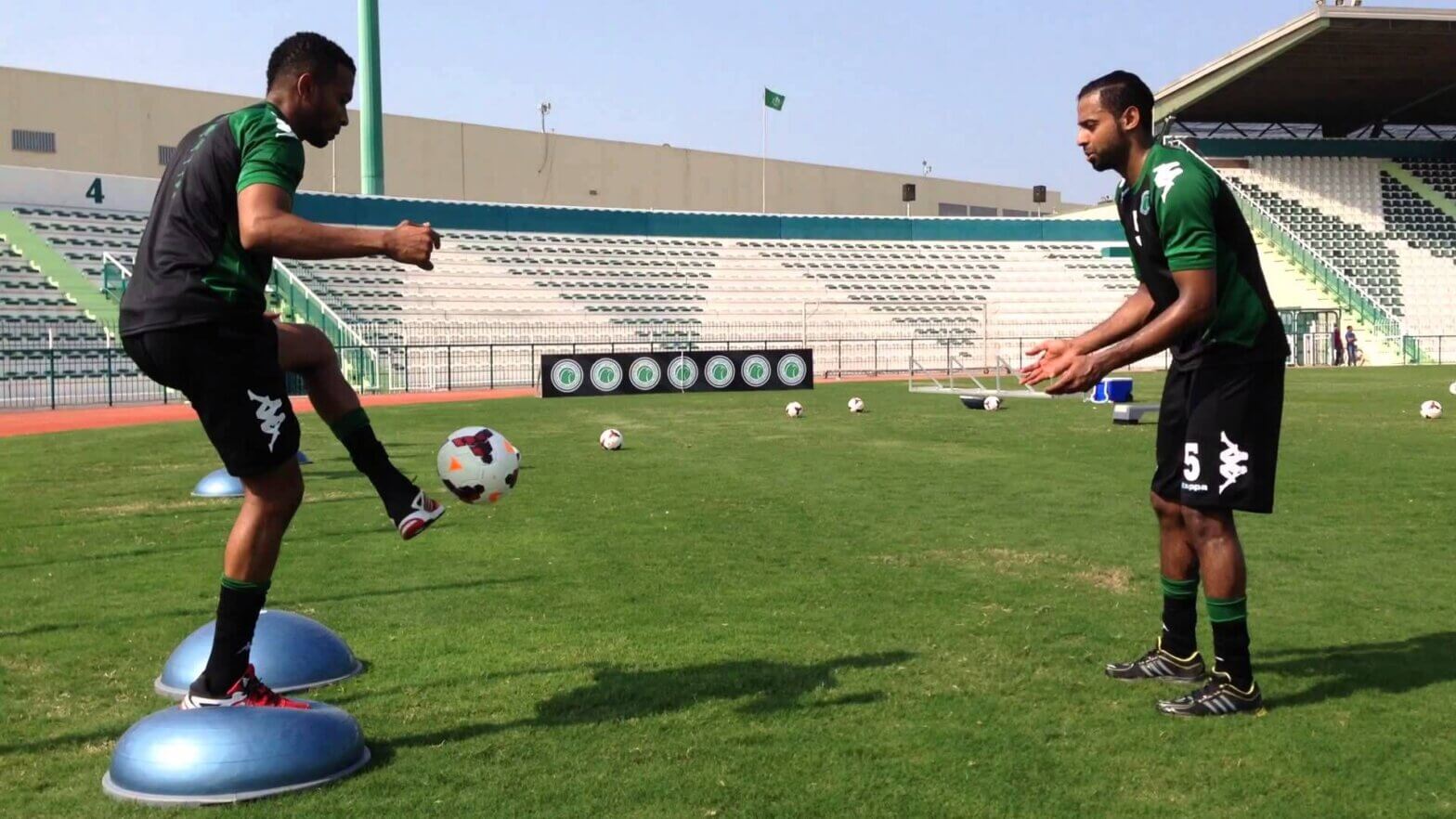Do you experience frequent jaw pain or notice clicking/popping in your jaw throughout the day? Have difficulty fully opening or closing your mouth because you feel like it is locked in place? You may be among the over 10 million Americans affected by Temporomandibular Joint Disorder (TMD). It should be noted that many people mistakenly refer to this as just “TMJ”, but that is only the name of the involved joint. TMD can be painful and frustrating to deal with, and can have a negative impact on daily life. What exactly is the TMJ? How is TMD caused and more importantly how can it be treated? Read below to find out!
Anatomy of the TMJ
The temporomandibular joint connects your mandible (jaw bone) to the temporal bone of the skull, hence its name! It is a hinge joint that lies on both sides of the face right in front of the ear. The joint is able to elevate (open) and depress (close), protrude (stick out) and retrude (move back), and laterally deviate (move side to side). These movements are primarily made possible by what are known as the muscles of mastication: temporalis, masseter, medial and lateral pterygoids. The TMJ is unique in that the bones that make up the joint never actually come in contact with one another. Instead, there is a piece of fibrous cartilage called the articular disc that lies between the bones and divides the joint into two separate compartments.
Causes and Symptoms of TMD
The causes of TMD vary widely, and may include, but are not limited to:
- Direct trauma to the jaw such as a hit to the chin
- Frequent teeth grinding or jaw clenching (bruxism)
- Arthritis of the TMJ
- Spasm of muscles associated with the jaw (trismus/”lockjaw”)
- Poor posture
- Displacement of the articular disc
People with TMD may complain of jaw pain or fatigue, difficulty opening or closing the mouth to talk or eat, feeling like the jaw is “locked” in one position, or hearing popping/clicking noises coming from the jaw. TMD can also result in pain outside of the jaw, including the face, neck, and shoulders, and can even cause headaches.
Treatment of TMD
Physical therapists are known for treating conditions like shoulder, knee, and back pain, but did you know that they can also treat jaw pain too? Physical therapists are trained to treat disorders and dysfunctions of the TMJ, and can develop a treatment plan personalized to meet your needs. This plan may include a combination of the following:
- Posture training to optimize your resting position to decrease stress and strain on the joint
- Stretching and strengthening exercises for the muscles of the jaw to improve pain free motion and function
- Manual therapy techniques to increase motion at the joint and decrease muscle tension to relieve pain
- Therapeutic modalities for pain relief such as heat/cold, electrical stimulation, and dry needling
If you are looking for relief from the symptoms associated with TMD, call Respire Physical Therapy at (703) 671-1871 or click here to schedule a one-on-one evaluation with a physical therapist and begin working towards a solution today!
Tags: arlingtonva, alexandriava, fallschurchva, ptworks, Physical Therapy, pain free living, Respire Physical Therapy, tmj, health, jaw pain, physical therapist, Headaches, choosept



